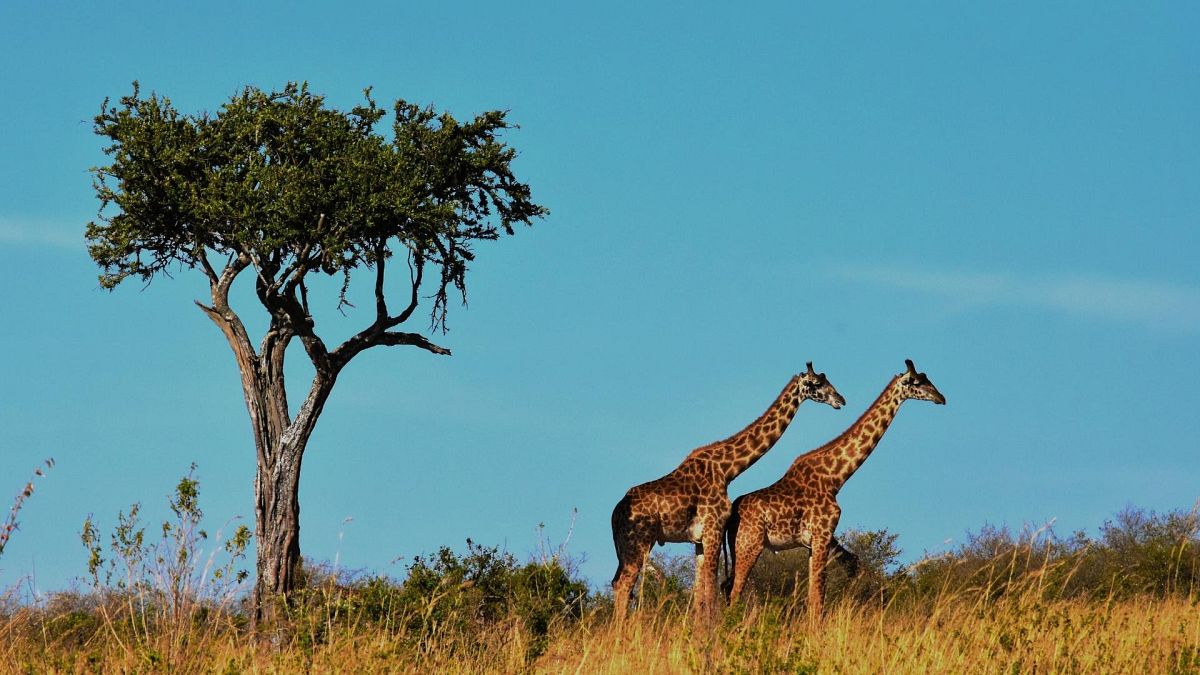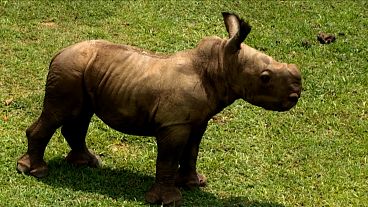The controversial decision was reversed not long after it caused public outrage in the East African nation.
Tanzania has reversed a controversial decision to lift a ban on wildlife exports that sparked outrage in the East African country.
The ban, imposed in 2016, was put in place to safeguard the country's protected animal and bird species that were being illegally shipped abroad, according to the government.
On Saturday, however, wildlife authorities announced that they were lifting the ban for an initial period of six months, from 6 June to 5 December, to allow traders to "clear stocks of animals" that they couldn't sell under the ban.
On Sunday, Tourism Minister Pindi Chana reinstated the ban, saying further consultations were underway.
"There was an announcement which permitted the export of wildlife but as a responsible minister, I immediately stop this," she said.
"There will be no exporting of live animals as we consult further and until the government decides otherwise."
Lifting Tanzania's wildlife export ban caused public outrage
The decision to lift the ban has caused an outcry online, with many Tanzanians calling for its review.
"They say the Maasai are destructive, hence their forced eviction from Ngorongoro! If you ask me: They want the Maasai out of conservation areas so they can capture/export at will - no prying eyes," wrote one user on Twitter.
Tanzania allows Indigenous communities, such as the Maasai, to live in some national parks. In recent years the relationship between pastoralists and wildlife has deteriorated. Faced with a growing population and their herds, the government is considering evicting them from the Ngorongoro Game Reserve.
Conservation NGO WWF warned on Saturday that relaxing the ban could undermine progress made in wildlife protection, particularly by encouraging poaching which has declined in recent years.
Known for its wildlife-rich national parks and the highest mountain in Africa, tourists come to Tanzania for its safaris and white sand beaches on the Zanzibar archipelago.
In 2010, local media revealed that at least 116 animals and 16 birds, including some protected species, had been illegally exported from Kilimanjaro airport in the north of the country on a Qatari plane.
Among them were at least four giraffes, several types of antelopes, hornbills and vultures.



